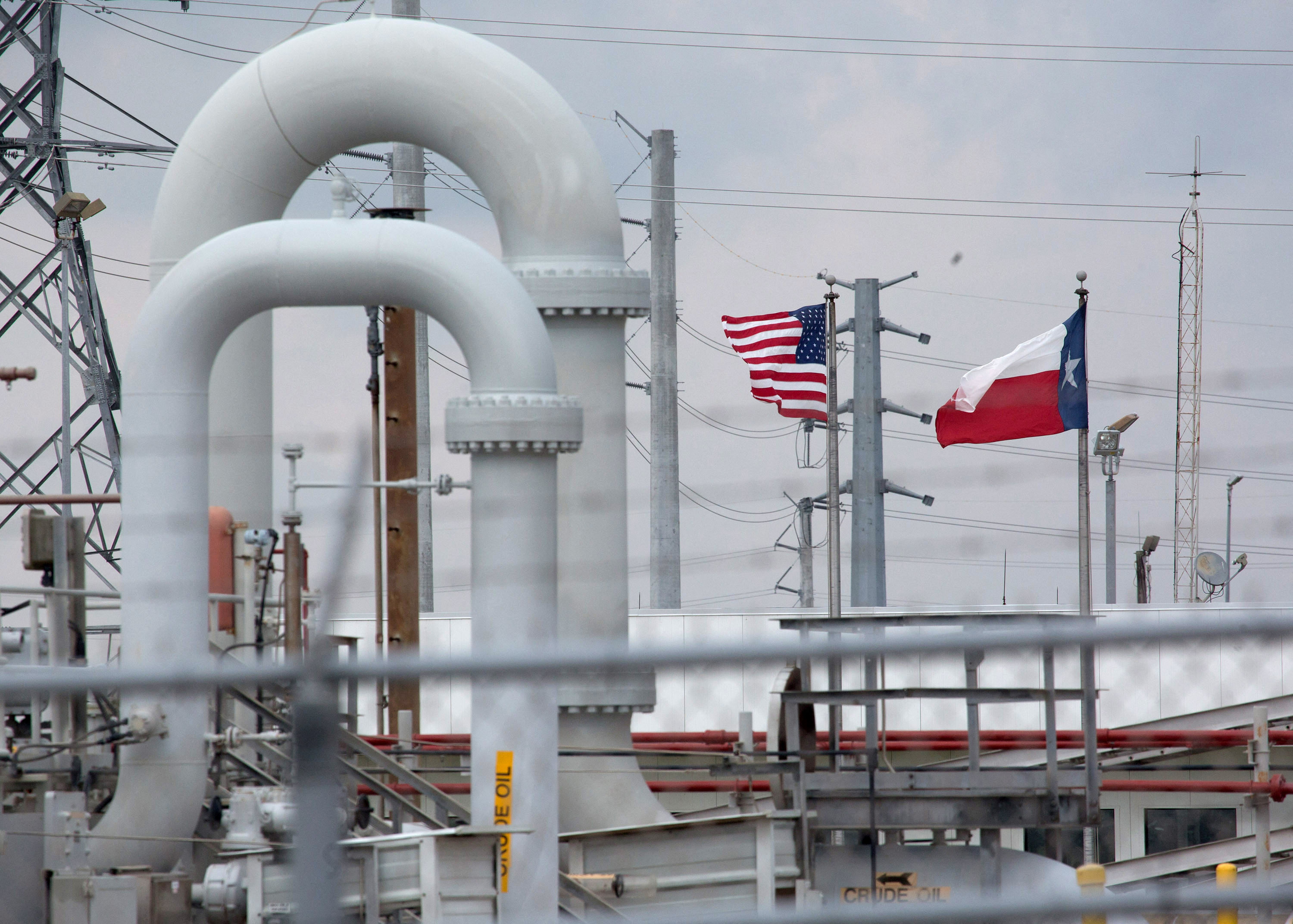
LONDON, April 4 (Reuters) – Investors made few changes to petroleum positions last week as prices remained poised between upside risks from the disruption of Russian exports and downside risks from recession and China’s coronavirus outbreaks.
Hedge funds and other money managers sold the equivalent of 15 million barrels in the six most important petroleum futures and options contracts in the week to March 29, according to position records.
Fund sales reversed purchases of 16 million barrels the previous week – but the reporting deadline came before the announcement of a record release of crude oil from the U.S. Strategic Petroleum Reserve on March 31.
The latest changes included liquidation of 10 million barrels of previous bullish long positions and the initiation of 6 million barrels of new bearish short positions.
(Chartbook: https://tmsnrt.rs/3DF4ODe)
There were small sales of Brent (-8 million barrels), NYMEX and ICE WTI (-4 million), U.S. gasoline (-3 million) and European gas oil (-2 million) partially offset by small purchases of U.S. diesel (+2 million).
Net long positions across all six contracts amounted to just 553 million barrels (39th percentile for all weeks since 2013) although the ratio of long to short positions was still relatively high at 4.81:1 (61st percentile).
The disparity was consistent with a cautious approach among fund managers amid conflicting pressures on prices, high levels of uncertainty and elevated volatility, which makes taking and holding positions risky and expensive.
Reflecting this, the number of open futures positions held by all traders across the six contracts fell by a further 59 million barrels to 5,059 million, the fewest since May 2015.
Like other traders, funds were struggling to resolve the triple uncertainty from the disruption of Russia’s oil exports, signs of a slowdown in the major economies, and China’s worsening outbreaks of coronavirus.
Funds were significantly more bullish about the outlook for refined fuels and especially middle distillates rather than crude, reflecting the low level of diesel and gas oil inventories around the world.
Even in distillates, however, bullishness stemming from low inventories and the impact of the conflict on Russia’s exports was tempered by concerns about economic slowdowns evident in the United States, Europe, China and the rest of Asia.
John Kemp is a Reuters market analyst. The views expressed are his own
Share This:




 CDN NEWS |
CDN NEWS |  US NEWS
US NEWS 




























COMMENTARY: Busting Biases, Boosting Innovation – Geoffrey Cann